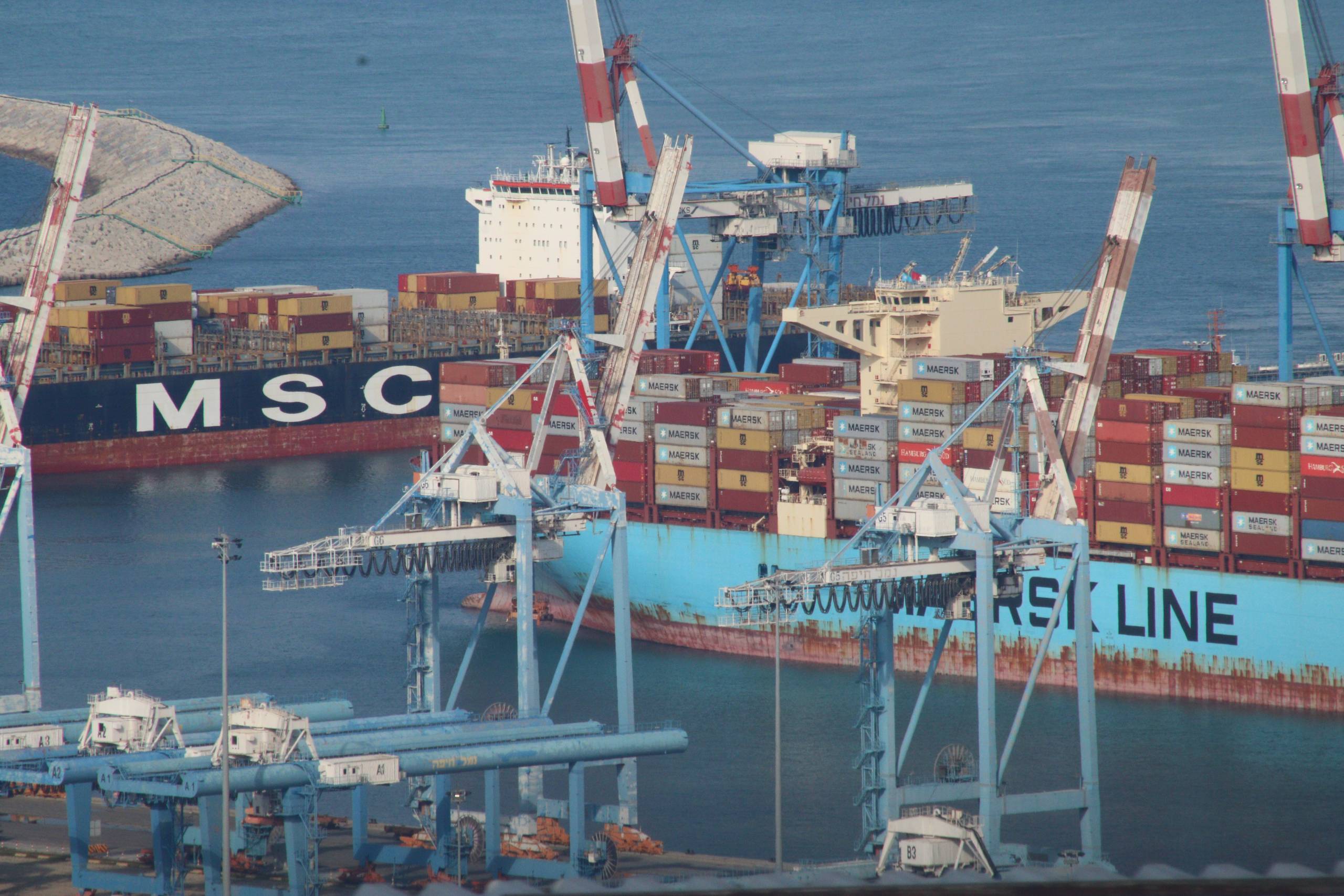The container shipping industry is in for a major shake-up as the two largest shipping lines in the world, Maersk and Mediterranean Shipping Company (MSC), have announced the end of their 2M alliance. The 2M alliance was a vessel-sharing agreement between the two companies that allowed them to share ships and networks, reduce costs, and improve their competitiveness in the market. However, after several years of collaboration, Maersk and MSC have decided to go their separate ways.
The end of the 2M alliance is expected to have far-reaching consequences for the container shipping industry. With the two largest players in the market no longer working together, the industry is set to become more competitive. Maersk and MSC are likely to focus on expanding their market share and improving their competitiveness in order to remain relevant in the industry.
One of the major consequences of the end of the 2M alliance is the potential for a price war in the container shipping market. With Maersk and MSC no longer sharing ships and networks, they will be competing more directly with each other. This could result in lower freight rates as the companies look to win over customers and increase their market share.
In addition to the potential for a price war, the end of the 2M alliance is likely to have an impact on the supply chain. With Maersk and MSC operating independently, there may be disruptions to the supply chain as the companies adjust to the new reality. This could result in delays and increased costs for shippers, which would impact their ability to compete in the market.
Despite the challenges posed by the end of the 2M alliance, there are also opportunities for the container shipping industry to grow and evolve. The increased competition between Maersk and MSC could drive innovation and improve efficiency in the industry, leading to a better experience for customers and a more sustainable future for the industry as a whole.
In conclusion, the end of the 2M alliance between Maersk and MSC is a major turning point for the container shipping industry. The industry is set to become more competitive and there may be a price war, but there is also the potential for growth and improvement. The next few years will be a crucial time for the container shipping industry, and it will be interesting to see how Maersk and MSC adapt to the new reality.
In a separate move Maersk terminated its agreement with IBM and discontinued TradeLens, a blockchain-enabled global trade platform. Maersk’s decision to terminate its agreements with IBM and MSC probably marks a major shift in the company’s strategy and operations.
